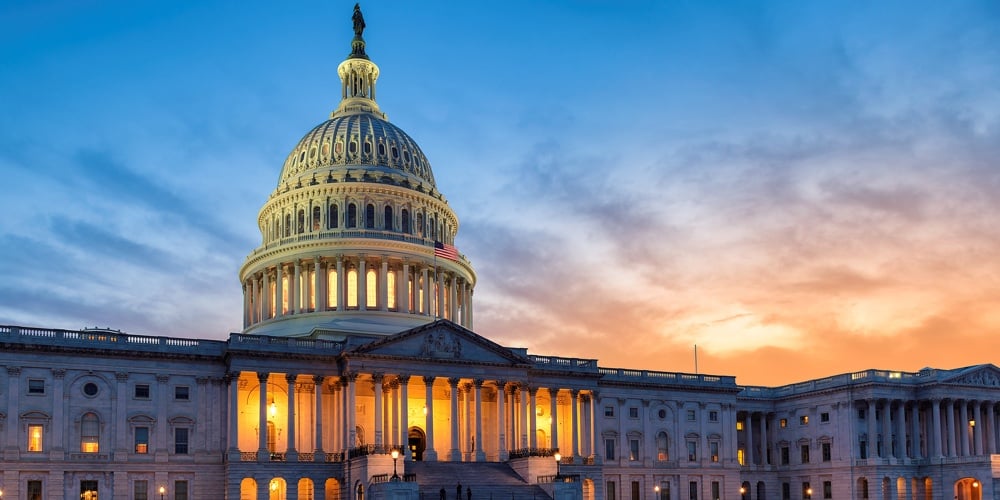A government shutdown? What it means for credit unions and consumers

Our country is on the precipice of a government shutdown. The ramifications are far-reaching – federal workers would be without pay for an unknowable period, some government services would halt, and more residual impacts would happen the longer the shutdown lasts. There have been 21 shutdowns in U.S. history, with the longest lasting 35 days.
Thankfully, through all the other shutdowns, credit unions have remained safe, secure, and reliable. And perhaps more notably, they step up to support their members impacted by the shutdown. As the Vice President of Regulatory Affairs at the National Association of Federally-Insured Credit Unions (NAFCU), I’m going to walk you through what credit unions and consumers need to know if lawmakers can’t reach a compromise to fund our government.
A shutdown disrupts the stability and predictability of the financial system, causing significant challenges for credit unions and their members. The uncertainty can erode consumer confidence, potentially leading to decreased economic activity and financial market volatility. For credit union members who rely on the federal government for their paycheck, credit unions work to protect their financial well-being. During previous shutdowns, credit unions have offered 0% interest loans, unsecured loans to cover the amount of lost paychecks, waived fees and more.
However, a government shutdown can result in delayed regulatory approvals and disbursements, hindering the ability of credit unions to serve their communities effectively. Credit unions may want to review their operations to determine which government programs they rely on and begin planning for how to proceed if those programs grind to a halt.
The National Credit Union Administration (NCUA) is an independent regulatory agency, funded by fees paid by credit unions rather than by Congress. Should there be a government shutdown, the NCUA will remain open and active – including the Share Insurance Fund (SIF), to protect deposits at federally insured credit unions. The Consumer Financial Protection Bureau (CFPB) is also an independent agency, so their operations will likely not be impacted; however, it may be impacted in other ways, such as rulemakings where the CFPB must convene a Small Business Regulatory Enforcement Fairness Act (SBREFA) panel – which may involve staff from other agencies, including the Small Business Administration (SBA).
While the shutdown wouldn’t have a substantial impact on the NCUA and the CFPB, it would likely have a major impact on a variety of government agencies and their programs. The Federal Register will close, meaning proposed and final rules cannot be published until after a shutdown. Loan programs from the SBA and the Department of Housing and Urban Development would likely slow, which happened in 2019. Home borrowers who are employees of federal agencies could see difficulties verifying their employment for loan applications. In addition, guidance from the NCUA in 2010 highlighted that a federal shutdown could have effects on the National Flood Insurance Program, noting that if Congress does not reauthorize the NFIP, then the Federal Emergency Management Agency will lose its ability to issue or renew flood insurance policies. The NCUA stated that obtaining flood insurance is not required during a shutdown, but safety and soundness rules still apply – meaning credit unions would be required to conduct flood determinations and provide disclosures.
For credit unions that serve federal agencies and/or have branches in federal agencies, a government shutdown could cause those branches to become inaccessible to members. Credit unions may want to begin preparing for these possibilities before the shutdown begins so that they will not be caught flat-footed if federal buildings are closed.
As a government shutdown looks more likely, consumers and credit unions can rest assured knowing that deposits remain insured and regulators are ready to assist and provide important guidance.
No matter the situation, credit unions will meet their mission by providing for their members and putting people first. Now it’s time for the government to match that sentiment. Congress must prioritize bipartisan solutions to avert any disruption that could undermine the financial well-being of credit unions and the 138 million Americans they serve.





